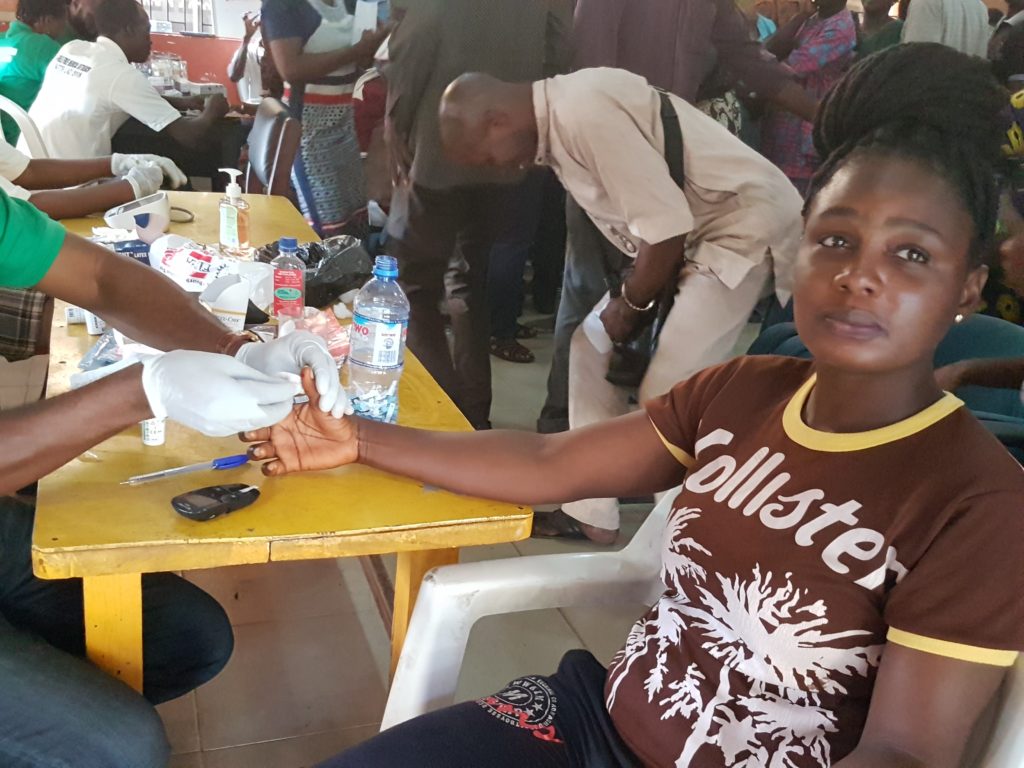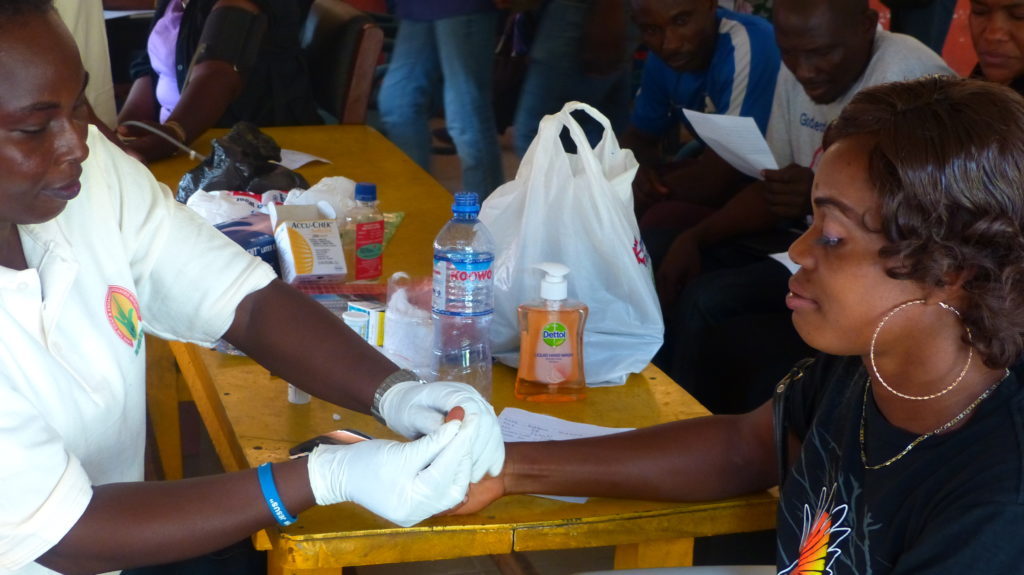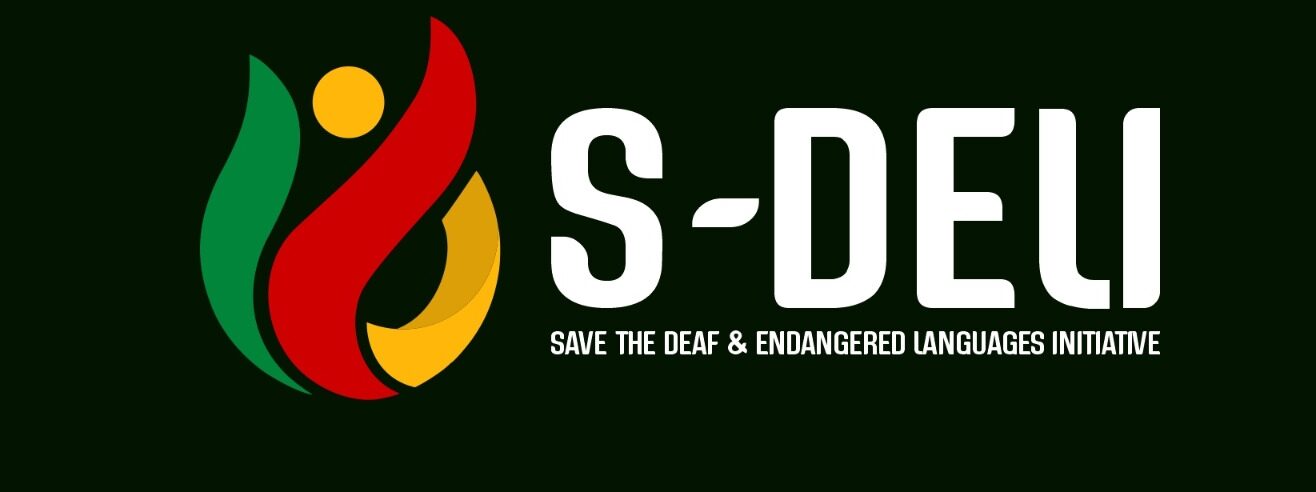
Have you ever wondered how a person with impaired hearing fare health-wise? If and when they visit hospitals/healthcare facilities, how informed are they about their health options? How does a hearing-impaired pregnant woman attend antenatal classes? What happens when a patient cannot speak and has no relative or help around? Do our healthcare facilities have sign language interpreters? Are they aware of basic preventive measures in the event of an epidemic or pandemic outbreak? This article focuses on the health challenges that Deaf persons face and suggestions on how to combat them.
Apart from their inability to speak, deaf persons cope with a series of challenges that come with being deaf. These challenges range from little or no access to language, signed or spoken, to little access to information and services including health services. As with other challenges, communication is a major setback in providing deaf persons with the best healthcare they deserve. The inability of health care givers, and persons with impaired hearing to communicate can lead to misinformation, and this in turn can result in wrong diagnosis and treatment. Oftentimes, deaf persons are less likely to trust hearing healthcare givers who cannot sign, which makes it difficult for them to understand and accept the diagnoses and options of treatment that are available to them.

Another health challenge linked to communication is limited access to health information. Take for example, the current Covid-19 pandemic affecting the world, Deaf sign language users do not have easy access to up to date information about the virus on the radio or TV. There is a general lack of health information, basic health rights, and education materials provided in sign language especially for those with limited English literacy. Deaf persons are therefore unable to enjoy the benefits of preventive health.
To bridge this lacuna in communication, practitioners have tried lip-reading/speech reading and note writing to promote effective communication either during consultations, or health education programs. However, in reality, these are ineffective communication modalities for healthcare conversations. Deaf people who have practiced lip-reading/speechreading for many years and who are familiar with spoken language are able to understand at best 30–45% of spoken English (Alexa et al., 2016). Furthermore, note-writing is often constrained by the low education of many deaf persons, as such, only educated deaf individuals are able to communicate using this means.
The use of professional language interpreters has been correlated with improved clinical care, and sign language is definitely not left out. Deaf patients have reported positive experiences in health care encounters when medically experienced professional sign language interpreters are present (Alexa et al., 2016). Sign language interpreters should not just be present at consultations but should be able to adequately interpret in native/indigenous sign language understood by the Deaf. Thus, the need to teach and promote indigenous sign language in Nigeria cannot be overemphasized.
Health education programs specifically targeted at the Deaf and health education materials for Deaf audiences is an effective way of reaching the Deaf community. Again, these programs should be taught in the native sign language understood by the Deaf. The Beauty Beyond Speech is one of those programs organized by S-DELI in reaching the young female Deaf community. Each session organized is fully interpreted in sign language, and interactive/graphic representations are used to increase their knowledge on sexual health. Such programs should be promoted and replicated by both governmental and nongovernmental bodies.
References
Alexa K., Paul F., Johannes F. (2016). Health Care Access Among Deaf People.
The Journal of Deaf Studies and Deaf Education, Vol 21, Issue 1, January 2016, P1–10. https://doi.org/10.1093/deafed/env042.
Asonye E., Bamidele, J., Ini B., & Paul K. (2018). Documenting the Indigenous
Nigerian Sign Language: The Need for Signed Language Interpreters and Deaf Signers to be Trained in Sign Linguistics. Presented at the 4th ESLIAN Conference. Ibadan

By Sadiku Olubusayo O.
For Save the Deaf and Endangered Language Initiative S-DELI.
